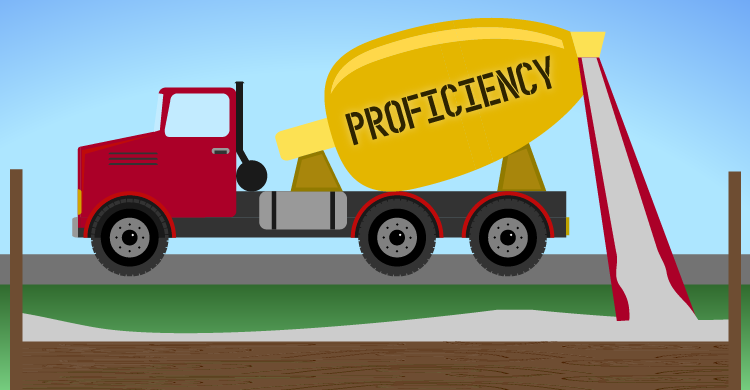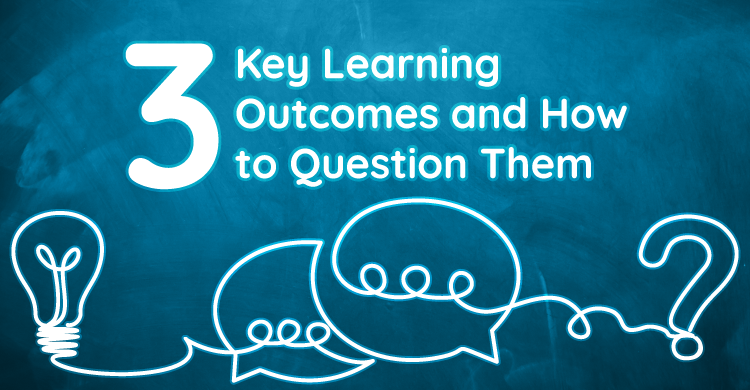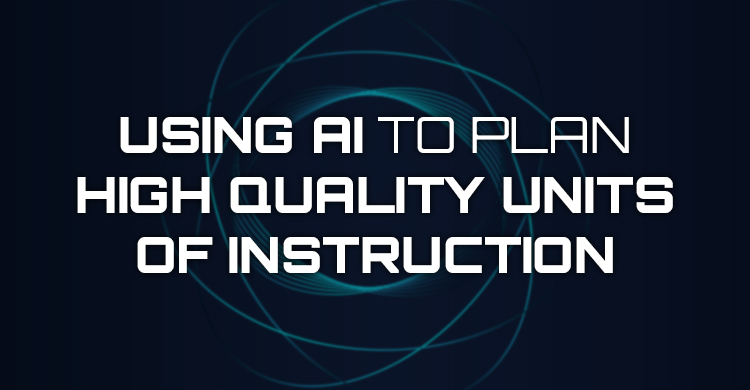The goal for any reading curriculum is to develop readers who are able to understand, evaluate, and respond to texts in thoughtful ways. We can lump these competencies under the concept of reading comprehension. There is also a second goal for reading: to develop children and adults who are lifelong avid readers who choose to make literacy an integral part of their lives.
In order to reach these lofty goals, however, students need to develop competencies in what most reading standards (e.g., Common Core Standards) refer to as foundational. These include word-recognition accuracy (phonics or word decoding), word-recognition fluency (automatic and effortless recognition of words), and prosody fluency (expression in oral and silent reading).
The problem is that these competencies are often devalued, misunderstood, or taught in ways that teachers and students view as mechanistic. For the past several years, the International Literacy Association has sponsored a “What’s Hot” survey of experts in education. From 2008 through 2016, the foundational competencies noted above were regarded as “Not Hot” and “Shouldn’t Be Hot.” In the most recent survey (2017), foundational reading competencies were not even part of the survey! How can we expect students to develop proficiency in these foundational competencies if they are not regarded as important by leaders and practitioners in reading education?
Anyone who knows about phonics and fluency instruction knows that it is often taught in ways that are highly divorced from authentic literacy-related experiences and not terribly engaging. Phonics is often presented as short lessons on letters and sounds in isolation, with follow-up worksheets. Fluency is very often taught in terms of timed readings in which students are encouraged to read a text as fast as possible. Where in real life does reading involve phonics worksheets and speed-reading activities?
The result of such views and approaches to foundational reading instruction is a significant body of readers who do not achieve that ultimate goal of reading. They fail to come to the point in their reading development where they are able to read with adequate comprehension, and that leads them away from making reading an important part of their lives. A study of fourth-grade students who perform poorly on state-mandated reading assessments found that approximately 80 percent of the “below-proficient” performing students exhibited difficulties in the foundational competencies. Doesn’t it make sense that if most of our struggling readers manifest difficulties in the foundational reading competencies, we should redouble our efforts to provide them with adequate instruction in these areas, using approaches that involve instructional reading methods that reflect real literacy?
Word recognition can be taught in ways that are more gamelike. (Recall all the games we enjoy playing as adults that are word-centric—e.g., Words with Friends, Scrabble, Taboo, Wheel of Fortune). Fluency is often fostered through repeated readings of texts. Instead of having students engage in repeated reading with a focus on increasing reading speed, which is the current approach to so many fluency programs, why not try repeated readings that are more authentic and that also nurture prosodic or expressive reading? My colleagues and I have found that having students engage in rehearsal (a form of repeated reading) and eventual performance of poetry, short plays, and songs where the focus is on expressive oral interpretation can have dramatic effects on their overall reading development. Moreover, we have found that students find such activities enjoyable and highly engaging.
Too many students continue to struggle in becoming proficient and engaged readers. Refocusing our efforts on developing engaging approaches to foundational reading competencies may just be what is needed to help students move more closely to their and our ultimate goals for reading instruction.
[author_bio id=”393″]






